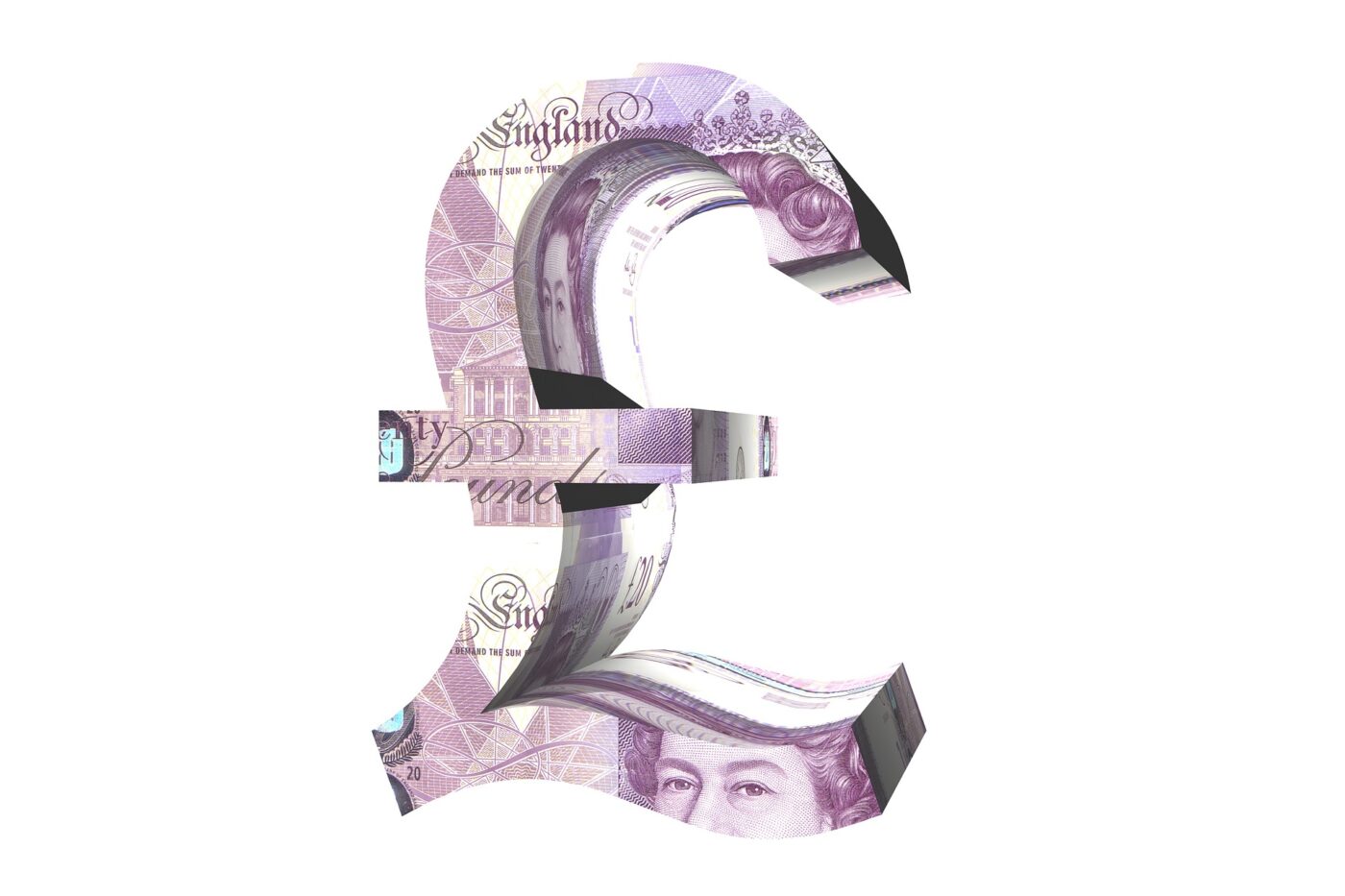• The furlough scheme will be extended until the end of September, with the government paying
80% of salary through employers will be asked to put in 10% from July and 20% from August
• Help for the self-employed will also be extended with changes meaning 600,000 more people will
be eligible
• Incentive payments for hiring new apprentices are being doubled to £3,000 while £126m will be
invested to triple the number of new traineeships
• There will be £5bn of new grants for hard hit firms – worth up to £6,000 for non-essential retailers
and £18,000 for restaurants, pubs, personal care and gym businesses which will reopen later
• A total of £700m will go on supporting arts, culture and sports as they reopen
• Bounce-back and other coronavirus loans for businesses will be replaced by a new recovery loan
scheme 80% guaranteed by the government
• The business rates holiday for retail, hospitality and leisure sector businesses has been extended to
the end of June and for the remaining nine months of the fiscal year they will still be discounted by
up to two thirds
• Reduced rate of 5% VAT for the hospitality and tourism sectors has been extended to the end of
September, and will only go up to 12.5% after that, before returning to 20% next April.
• The stamp duty holiday on properties in England & NI worth up to £500,000 will be extended from
the end of March until the end of June and after that there will still be no duty on homes worth up
to £250,000 for another three months. After that the threshold returns to the usual level of
£125,000 from October. There will be a further announcement from the Welsh Assembly about
properties in Wales.
• The government will guarantee 95% mortgages to help those who can only afford a 5% deposit
• Personal income tax thresholds will be frozen from next year until 2026 – at £12,570 for the basic
rate and at £50,270 for the higher rate
• Thresholds for inheritance tax, pensions lifetime allowance and capital gains tax thresholds are
also being frozen
• Corporation tax is to increase to 25% in April 2023. However, 70% of companies – with profits of
£50,000 or less will still only be liable for the current 19% rate while only those with profits of
£250,000 or more will pay the full 25%.
• Companies will be able to offset losses against their tax bills going back up to three years, allowing
them to claim additional refunds of up to £760,000
• A “super-deduction” to incentivise business investment will mean they can reduce their taxable
income by 130% of the amount they invest
• Planned increases in duties on beer, cider, spirits and wine as well as fuel will be cancelled
• The first ever UK Infrastructure Bank will be set up, in Leeds, with an initial capitalisation of £12bn –
to finance public and private sector “green industrial revolution” projects
• Consumers will be able to put their money into a new savings product to support green projects
• A “help to grow” scheme will offer smaller businesses management and digital training
• Under a national spending formula, the budget will mean £1.2bn more for the devolved
administration in Scotland, £740m for Wales and £410m for Northern Ireland
• There will be £1bn for 45 new public investment “town deals” across the country
• A £150m fund will help communities take ownership of pubs, theatres, shops or local sports clubs
at risk of being lost


